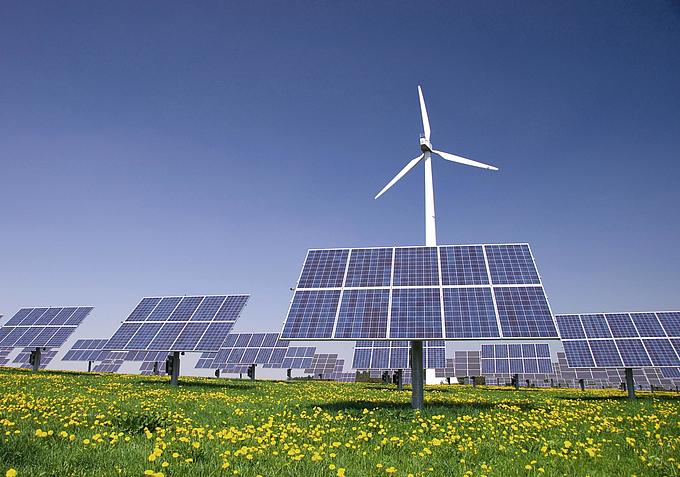The IT Security Act (IT-SiG) and the catalogue of minimum requirements of the Federal Network Agency define the standards for the protection of information technology in the energy sector. IT and communication networks thereby form an important part regarding the maintenance, control and supervision of critical infrastructures. For this reason, the highest standards with respect to the reliability, failure safety and durability of their communication infrastructure must be applied by KRITIS operators. This is the only way to ensure stability – an essential aspect for the reliability and security of energy infrastructures.
telent – Your Reliable Partner For Networks And Smart Services
When talking about critical infrastructures in the energy sector, we mostly think of power generation systems and utility plants or transformer stations. However, especially in case of an incident or failure, it is of utmost importance that the ICT networks (Information and Communication Technology) are working. If a power grid fails at a regional or supra-regional level, the communication capabilities must be maintained to monitor operating statuses, coordinate workforces and carry out repairs. Secure data communication is a vital factor within critical infrastructures.
telent plans, delivers and builds company networks and cares for its customers with a proven service concept from the development phase up to the after-sales service round-the-clock. Its customer base includes not only regional and supra-regional energy providers and municipal utility companies, but also numerous medium-sized companies active in the energy and water management sector.
Solution Concepts For A Highly AvailableSmart Grid Communication Network
Data traffic for critical supply applications always has highest priority. When defining the target architecture, additional technologies available (such as power line, wireless access to fixed lines, FTTx networks) and packet transport and switching technologies (such as Ethernet, MPLS) must be taken into consideration. In addition, public telecommunication networks available (mobile radio, cable network, DSL) must be analyzed with regard to their integration possibilities.
The supervision and control of communication infrastructures set up using network elements of different manufacturers and heterogeneous technologies is performed by an overall network management system (NMS). It permits the visualization of the network and automation of operating processes. The network management system displays alarm lists, the current network status, topology and equipment views as well as performance data. The NMS setup depends on the operating concept and can be adapted to the systems installed and functionalities required by the customer. Scalability and interoperability with future technologies guarantee a high level of investment security for the network operator. Our objective is to monitor and control network nodes and services in a simple and easy way.
IoT For The DecentralizedPower Supply
Decentralized power supply facilities need new communication solutions. The Internet of Things (IoT) and highly efficient digital IT infrastructures pave the way to such solutions. Communication between components and measuring systems in smart grids requires a reliable infrastructure for long-distance data transmission. Depending on the bandwidth needed, different standards and mobile technologies for data transmission are used, such as the new Long Range Wide Area Network (LoRaWAN™), private mobile radio and IP-based radio transmission systems. LoRaWAN™ is designed especially for the transmission of low data rates over long distances and permits a very high level of energy efficiency to be achieved.
To IoT Radio Solutions




